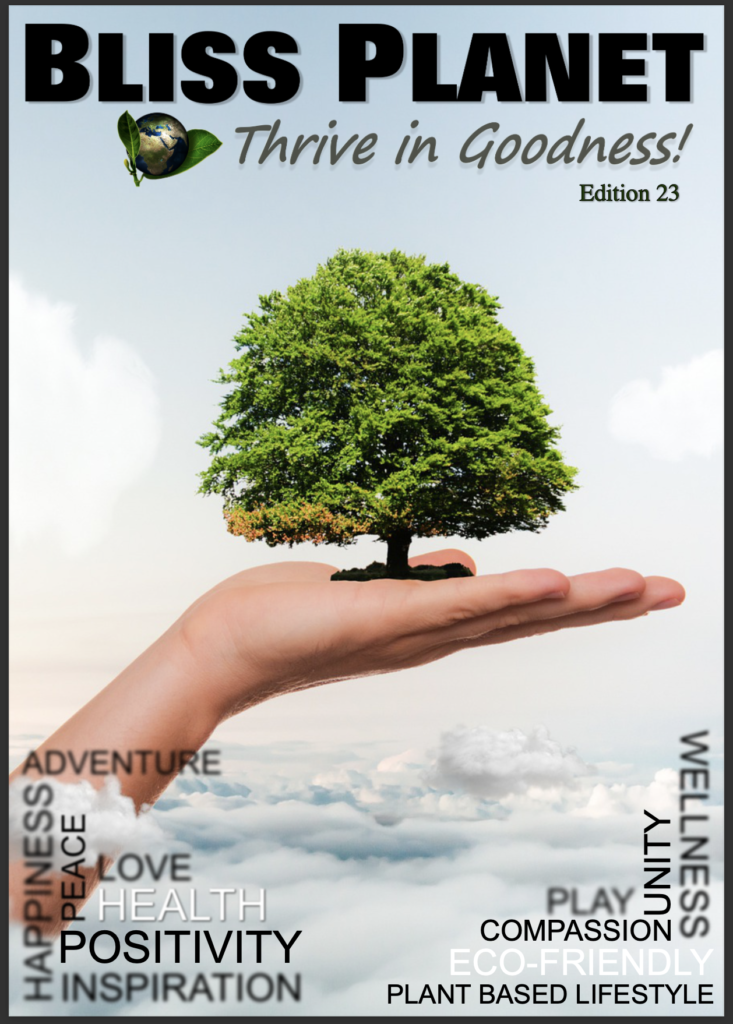Section 1: What is Zinc?
Zinc is an essential mineral that plays a vital role in various bodily functions, including immune system health, wound healing, and DNA synthesis. It is also necessary for proper growth and development during childhood, adolescence, and pregnancy.
Zinc is not naturally produced by the body, which means it must be obtained through diet or supplements. The recommended daily intake of zinc varies depending on age, sex, and other factors, but is generally around 8-11 mg per day for adults.
Plant-based sources of zinc include legumes, nuts and seeds, whole grains, and fortified cereals. Animal products such as meat, shellfish, and dairy are also high in zinc, but they are not suitable for those following a plant-based diet.
Section 2: Benefits of Zinc for Health
Zinc is essential for a healthy immune system, as it helps to regulate the function of immune cells and can reduce the duration and severity of infections. It also plays a role in wound healing, as it is necessary for collagen synthesis and cell division.
Zinc has also been linked to improved cognitive function, as it is involved in the growth and development of the brain. Additionally, it may have anti-inflammatory effects and can help to reduce the risk of chronic diseases such as heart disease and diabetes.
Zinc is also important for reproductive health, as it is necessary for the production of testosterone and other hormones. It may also improve sperm quality and reduce the risk of infertility in men.
Section 3: Zinc Deficiency
Zinc deficiency is relatively common, particularly among those following a plant-based diet. Symptoms of deficiency include a weakened immune system, slow wound healing, hair loss, and skin rashes.
In children, zinc deficiency can lead to stunted growth and development, while pregnant women who are deficient in zinc may experience complications such as preterm birth or low birth weight.
Zinc deficiency can be diagnosed through a blood test, and treatment typically involves increasing zinc intake through diet or supplements.
Section 4: Zinc and Digestion
Zinc is involved in the digestion and absorption of food, particularly protein. It is necessary for the production of stomach acid, which helps to break down food and absorb nutrients.
Zinc may also help to regulate gut permeability, which is the ability of the gut lining to allow nutrients to pass through while keeping toxins and harmful bacteria out. This can improve overall gut health and reduce the risk of digestive issues such as leaky gut syndrome.
However, excessive zinc intake can also lead to digestive issues such as nausea, vomiting, and diarrhea. It is important to consume zinc in appropriate amounts to avoid these negative effects.
Section 5: Zinc and Skin Health
Zinc is important for skin health, as it helps to regulate oil production, reduce inflammation, and promote collagen synthesis. It may also have antibacterial properties that can help to prevent acne and other skin infections.
Zinc oxide is a common ingredient in sunscreen, as it provides protection against UV radiation and helps to prevent sunburn and skin damage. Topical zinc creams and ointments may also be used to treat skin conditions such as eczema and psoriasis.
However, excessive zinc intake can also lead to skin irritation and rashes. It is important to consume zinc in appropriate amounts to avoid these negative effects.
Section 6: Zinc and Athletic Performance
Zinc is important for maintaining muscle mass and strength, as it is necessary for protein synthesis and cell growth. It may also improve endurance and reduce the risk of exercise-induced oxidative stress.
Zinc may also have a role in testosterone production, which is important for muscle growth and recovery. However, the evidence is mixed, and more research is needed to fully understand the relationship between zinc and athletic performance.
Excessive zinc intake can also lead to negative effects on athletic performance, including nausea, vomiting, and diarrhea. It is important to consume zinc in appropriate amounts to avoid these negative effects.
Section 7: Zinc and Mental Health
Zinc may have a role in mental health, as it is involved in the production of neurotransmitters such as serotonin and dopamine. Low levels of zinc have been linked to depression, anxiety, and other mood disorders.
However, the evidence is mixed, and more research is needed to fully understand the relationship between zinc and mental health. It is also important to note that zinc supplementation should not be used as a primary treatment for mental health conditions.
Excessive zinc intake can also lead to negative effects on mental health, including irritability, depression, and anxiety. It is important to consume zinc in appropriate amounts to avoid these negative effects.
Section 8: Zinc and Pregnancy
Zinc is important for a healthy pregnancy, as it is necessary for fetal growth and development. Low levels of zinc during pregnancy have been linked to complications such as preterm birth, low birth weight, and neural tube defects.
Zinc supplementation during pregnancy may improve maternal and fetal outcomes, but more research is needed to fully understand the benefits and risks of zinc supplementation during pregnancy.
Excessive zinc intake during pregnancy can also lead to negative effects on fetal development, including reduced birth weight and impaired immune function. It is important to consume zinc in appropriate amounts to avoid these negative effects.
Section 9: Zinc and Cancer
Zinc may have a role in cancer prevention, as it is involved in DNA synthesis and repair. Low levels of zinc have been linked to an increased risk of certain types of cancer, including prostate, breast, and colorectal cancer.
However, the evidence is mixed, and more research is needed to fully understand the relationship between zinc and cancer prevention. It is also important to note that zinc supplementation should not be used as a primary treatment for cancer.
Excessive zinc intake can also lead to negative effects on cancer risk, including an increased risk of prostate cancer. It is important to consume zinc in appropriate amounts to avoid these negative effects.
Section 10: Conclusion
Zinc is an essential mineral that plays a vital role in various bodily functions, including immune system health, wound healing, and DNA synthesis. Plant-based sources of zinc include legumes, nuts and seeds, whole grains, and fortified cereals.
While zinc is important for overall health, excessive intake can lead to negative effects such as digestive issues, skin irritation, and reduced athletic performance. It is important to consume zinc in appropriate amounts to avoid these negative effects.
If you are concerned about your zinc intake or are experiencing symptoms of deficiency, talk to your healthcare provider to determine the best course of action.




